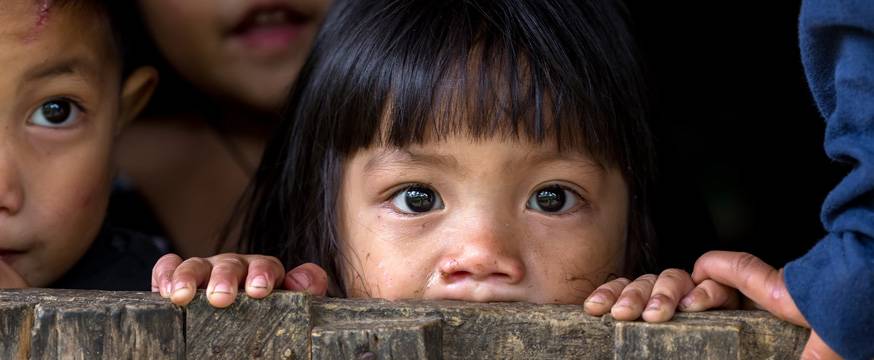
Long-term impact: Early childhood education in the Philippines
Research 13 Aug 2015 4 minute readA three-year longitudinal study in the Philippines is investigating how children’s participation in early childhood education contributes to their development of social, emotional, and cognitive skills, as the Project Director, Rachel Parker explains.
The Philippines Early Childhood Care and Development (ECCD) Longitudinal Study is annually assessing a cohort of children across the first three years of their schooling to measure their social and emotional skills such as sociability, cooperation, resilience and empathy, as well as their literacy and numeracy knowledge and skills.
Funded by UNICEF, the study is being undertaken by the Australian Council for Educational Research (ACER) in partnership with the South East Asian Ministers of Education Organisation through its Regional Centre for Educational Innovation and Technology (SEAMEO INNOTECH) and the Assessment, Curriculum and Technology Research Centre (ACTRC) of the University of Melbourne and University of the Philippines.
The cohort of 4500 students, selected from a range of contexts and backgrounds across the three main island groups of the Philippines, comprises children of different language backgrounds and geographic locations, and includes children residing in conflict and disaster-affected areas.
Most significantly, data from the study will enable the ACER and SEAMEO INNOTECH researchers to compare the skills development of children who have participated in pre-school education and those who have not, and monitor their respective growth and development over time. A select number of case studies will be developed to provide in-depth descriptions of the context for the results, through interviews with school leaders, teachers and parents.
The ECCD Longitudinal Study represents a major research investment by UNICEF into the effects of early childhood education in the Philippines, where the education system has undergone extensive and ambitious reforms in recent years, extending from a 10-year system to a 13-year Foundation to Year 12 system.
By adding a compulsory Foundation year under the Enhanced Basic Education Act 2013, the Government of the Philippines acknowledges the critical importance of early years education; however, limitations on the supply of teachers and resources alongside increased demand as a result of the legislation are likely to mean that the universal participation of children will be difficult to achieve.
The ECCD Longitudinal Study embodies aid effectiveness principles by sharing approaches and resources with development partners. It builds on work currently undertaken by ACTRC to assess student learning outcomes in the southern islands of Mindanao.
The study will use cognitive assessment instruments developed by ACRTC and extend their use across the Philippines. ACTRC is also supporting the study by training staff and advising on the issues and challenges it has faced through implementing a longitudinal study on student learning outcomes in the Philippines.
It is anticipated that results from the ECCD Longitudinal Study will inform policy as the relationship between early years education and school performance is better understood. Case studies will inform understanding about transitions between grades and how school and family factors relate to cognitive, social and emotional development in the first years at school.
ACER has designed the research methodology, developed survey and test instruments, and will analyse, interpret and workshop the results with UNICEF and the Department of Education in the Philippines. A series of policy papers will be produced before the project concludes in 2018.